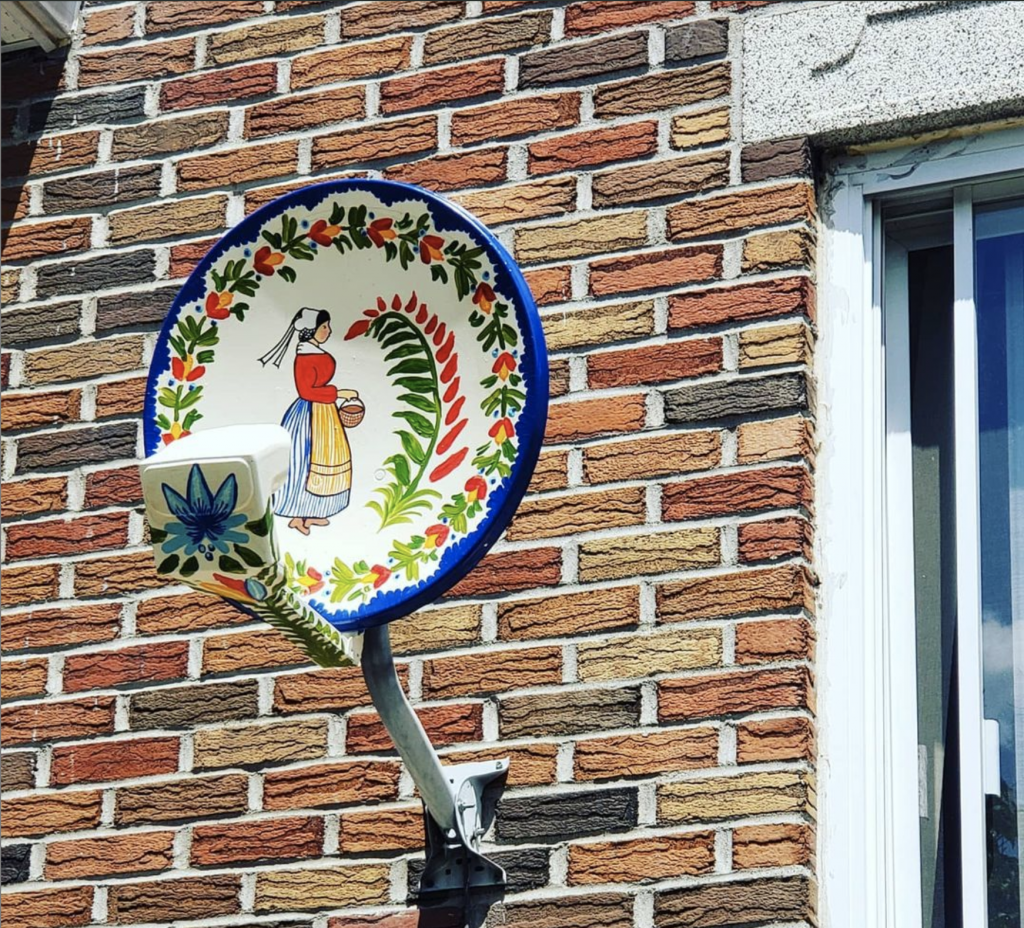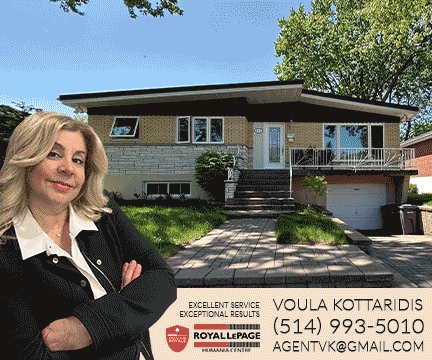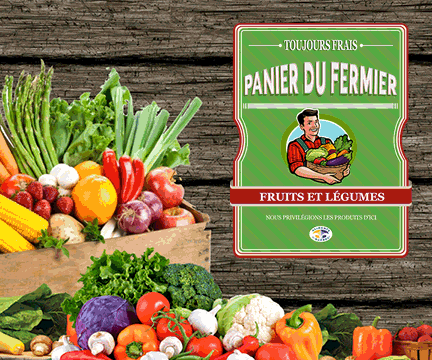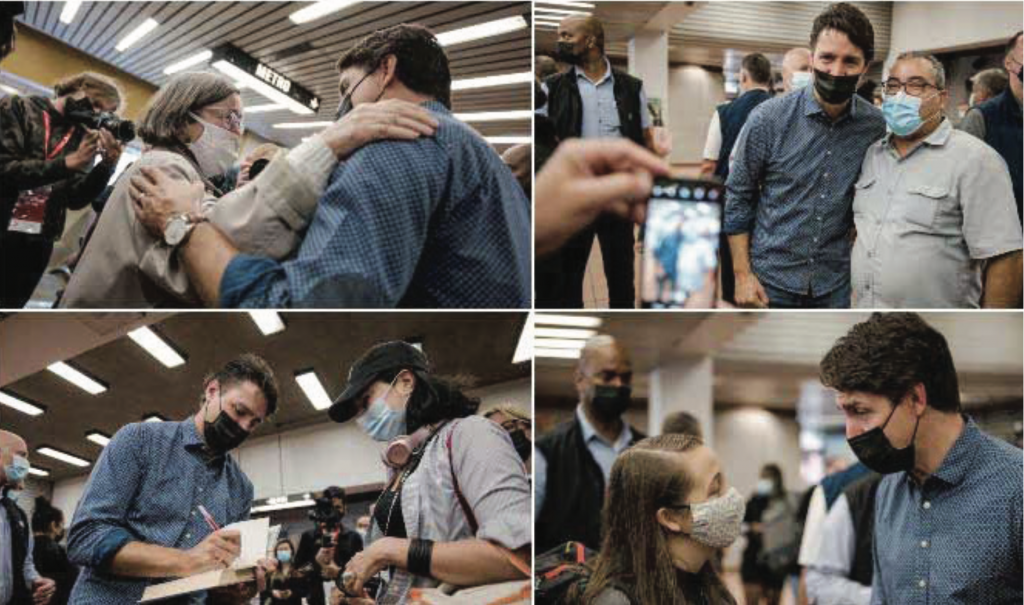
Vaccine passport
The arrival of September marks the end of summer for many Montrealers. Although the days are still warm and enjoyable, people return from time off work and the school year starts, but this September was a little different.
On Sept. 1, the province-wide vaccination passport came into effect, thus preventing unvaccinated people from entering certain businesses including restaurants, bars, gyms and many municipal services.
Mandatory for all people aged 13 and over, people now had to prove they were doubly vaccinated to enter businesses and locations that were not deemed essential by the government of Québec. A buffer period was provided up to Sept. 15.
The response to this new regulation in Park Extension was tepid. Gurnam Malhi, the owner of Malhi Sweets, felt happy to do his part in verifying vaccine passports.“It’s good if everybody gets vaccinated,” he said, adding “it’s good for all the public.”
Rotisserie Panama manager Tina Koukoutsis expected that business would fall significantly with a mandatory vaccine passport. “We’ve lost so much already, and this is another handicap for us because not everybody is vaccinated,” said Koukoutsis.
The mandatory vaccine passport has remained in place and has since been expanded to include other types of businesses, including the SAQ and the SQDC along with large box stores such as Walmart and Costco.
Construction woes
As the summer drew to a close, many in the neighbourhood saw a substantial increase in the number of construction projects taking place all at once. With the advent of multiple major construction projects in the area, including both city waterway and Hydro-Québec rehabilitation works, many residents complained of restricted mobility in the area.
In mid-September, there were approximately six municipal roadway construction projects along with two other Hydro-Québec refurbishment projects. Many residents on streets affected by construction and those nearby took to social media to voice their discontent at the construction happening at the same time.
“I understand that the work is necessary but the security measures leave a lot to be desired,” said Lee Soo on the community Facebook group Parc-Ex Action Squad. “There are lots of children and seniors walking on these sidewalks,” she said, adding “with the street completely closed and the two laneway entrances inaccessible, will this really be our traffic corridor until Christmas?”
While many complained of the difficulty of getting around, more traffic jams and reduced parking spaces, the City defended the work stating it needed to be done. “The City of Montreal is carrying out this work out of necessity,” said city spokesperson Hugo Bourgoin, adding that it “must keep its assets in good condition to avoid having to carry out uncoordinated, emergency work which would inevitably cost more.”
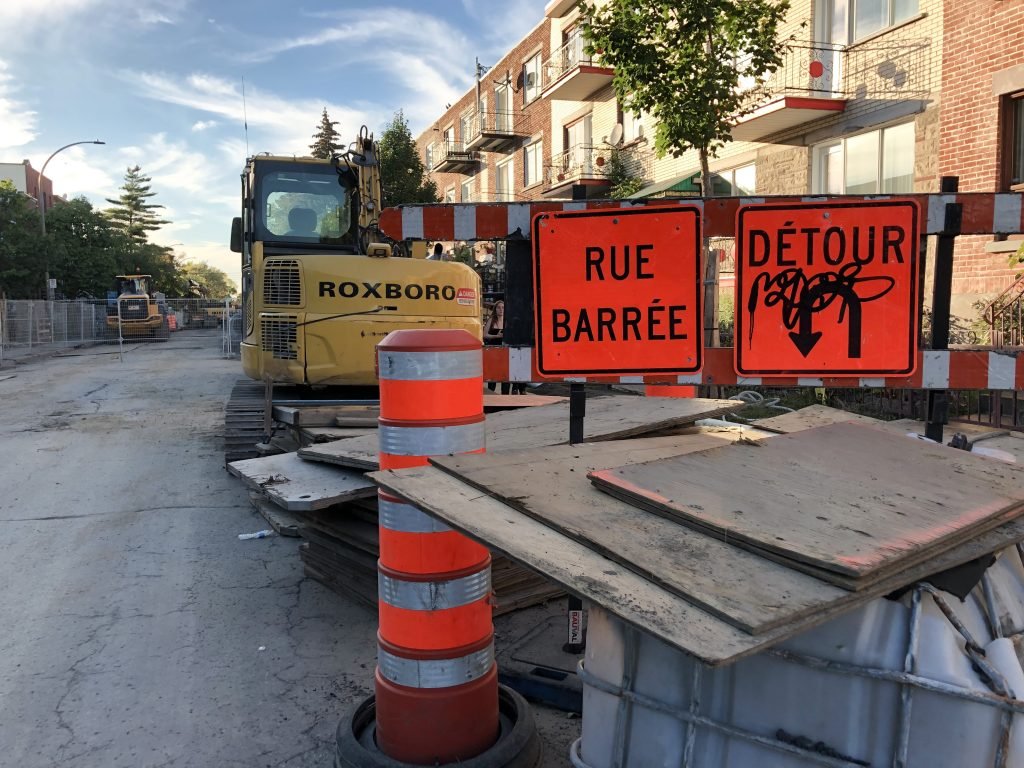
Justin Trudeau reelected
On Sept. 21 people from Park Extension and across the country went to the polls for an early federal election. Liberals retained their minority government with only 158 seats, while Park Extension residents chose to reelect Justin Trudeau in the riding of Papineau.
This left Erin O’Toole’s Conservative Party in second place with 119 seats and Jagmeet Singh’s NDP in with only 25 seats. Although many pointed to the early election call as an effort by the Liberals to clinch a majority government, the electoral map remained largely unchanged.
In the riding of Papineau, the electoral district Park Extension shares with Villeray and Saint-Michel, incumbent Justin Trudeau was reelected by a large margin. With a total of 21,872 votes, he received a healthy 49% of the local vote.
Trudeau has held the riding, a longtime Liberal stronghold, since 2008 with 2021 marking his fifth consecutive win. It was also the third time he was elected Prime Minister, a position he has held since 2015.
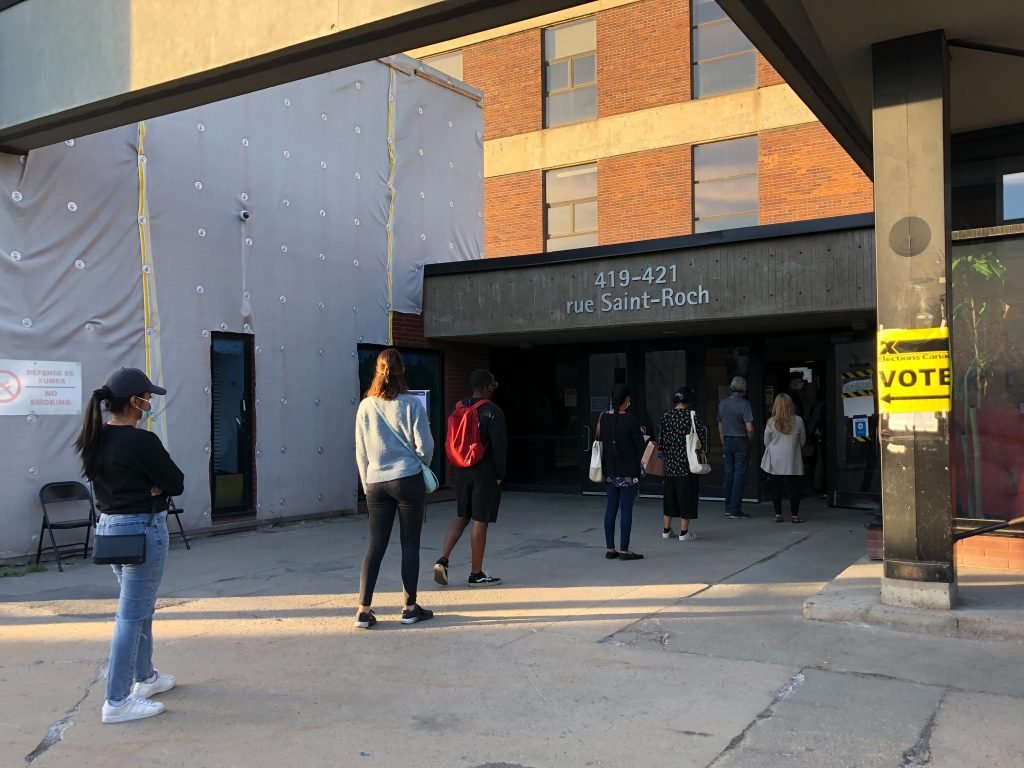
Antennes de Parc-Ex
September also marked the official launch of Park Ex’s latest outdoor art installation LesAntennes de Pac-Extension. Started by Park Extension residents Jon Cohen and Lisa Baum, the collective reaches out to local artists and finances them to retrofit disused satellite dishes on building with original artwork.
“The idea came to us during the pandemic when we didn’t have access to galleries and indoor spaces—noticing all of these disused satellite dishes in the neighbourhood made me realize that there are canvases everywhere, and our streets are viable art galleries for the talented visual artists who just want a place to exhibit their work,” said Cohen.
Funded by the Conseil des Arts de Montréal through a $25,000 grant, the project aimed to make art more accessible to people and to embellish the streets of the neighbourhood at the same time, including work from over 30 local and non-local artists.
Organizers and artists alike gathered in Park Lèstre on Sept. 25 to celebrate the official launch of the project. The free activity included a guided tour of the satellite dishes across the neighbourhood as well as the unveiling of an interactive map to help explore the different dishes. The beautifully painted and ornate satellite dishes are still displayed on several buildings across Park Ex.
